Voluntarily sharing informative posts from unaffiliated sources.
- 220 Posts
- 36 Comments

 0·3 months ago
0·3 months agoSummary:
- Signal’s desktop app stores encryption keys for chat history in plaintext, making them accessible to any process on the system
- Researchers were able to clone a user’s entire Signal session by copying the local storage directory, allowing them to access the chat history on a separate device
- This issue was previously highlighted in 2018, but Signal has not addressed it, stating that at-rest encryption is not something the desktop app currently provides
- Some argue this is not a major issue for the “average user”, as other apps also have similar security shortcomings, and users concerned about security should take more extreme measures
- However, others believe this is a significant security flaw that undermines Signal’s core promise of end-to-end encryption
- A pull request was made in April 2023 to implement Electron’s safeStorage API to address this problem, but there has been no follow-up from Signal

 0·3 months ago
0·3 months agoSummary:
- Netflix is discontinuing its cheapest ad-free subscription tier, starting with the UK and Canada, with more countries expected to follow.
- Netflix has begun notifying users about the last day they can access the service on the Basic plan, prompting them to upgrade to the Standard with ads or more expensive Standard/Premium plans.
- In Canada:
- Original Basic plan price: $9.99/month
- New Standard plan price: $16.49/month
- New Standard with ads price: $5.99/month
- Increase from Basic to Standard: $6.50/month (65% increase)
- In the UK:
- Original Basic plan price: £7.99/month
- New Standard with ads price: £4.99/month
- New Standard plan price: £10.99/month
- Increase from Basic to Standard: £3.00/month (37.5% increase)
- The Basic plan ($11.99/month) is no longer available for new US subscribers.
- Netflix’s ad-supported tier now has 40 million global monthly active users, up from 35 million a year ago.

 0·3 months ago
0·3 months agoSummary:
- Colorado passes first-in-nation law to protect privacy of biological or brain data, which is similar to fingerprints if used to identify people.
- Advances in artificial intelligence have led to medical breakthroughs, including devices that can read minds and alter brains.
- Neurotechnology devices, such as Emotiv and Somnee, are used for health care and can move computers with thoughts or improve brain function and identify impairments.
- Most of these devices are not regulated by the FDA and are marketed for wellness.
- With benefits come risks, such as insurance companies discriminating, law enforcement interrogating, and advertisers manipulating brain data.
- Medical research facilities are subject to privacy laws, but private companies amassing large caches of brain data are not.
- The Neurorights Foundation found that two-thirds of these companies are already sharing or selling data with third parties.
- The new law takes effect on Aug. 8, but it is unclear which companies are subject to it and how it will be enforced.
- Pauzauskie and the Neurorights Foundation are pushing for a federal law and even a global accord to prevent brain data from being used without consent.

 0·3 months ago
0·3 months agoSummary:
- The author expresses dissatisfaction with the commercial and impersonal feel of modern Windows operating systems.
- Past versions of Windows were disconnected and resilient, providing a more personal user experience.
- Advertising integration in Windows has made it feel cheaper and less user-friendly.
- Updates, intrusive changes, settings modifications, and lack of control are common issues plaguing modern Windows systems.
- The author compares the current Windows experience to the offline glory days of Windows, highlighting the shift in user experience.
- Windows now includes advertising, which some users find intrusive and unwanted.
- Updates on Windows often lead to issues, with users experiencing broken computers after updates.
- Users complain about settings changing after updates, impacting their preferences and privacy settings.
- The author switched to macOS due to technical issues with Windows updates, appreciating the user experience on macOS.
- Linux is praised for respecting its users by providing the operating system for free without intrusive ads.
- The author hopes for a future version of Windows that offers more user control and less interference from Microsoft’s software-as-a-service products.

 0·3 months ago
0·3 months agoSummary:
- The FTC is investigating PC manufacturers for using “warranty void if removed” labels to discourage consumers from exercising their right to repair.
- ASRock, Gigabyte, and Zotac received letters from the FTC regarding these practices.
- The FTC is concerned about manufacturers denying warranty coverage based on these provisions.
- The federal Magnuson-Moss Warranty Act is being invoked to prevent companies from making misleading warranties.
- The Act prohibits conditioning warranties on the use of specific repair services unless provided for free or with a waiver from the FTC.
- The FTC plans to review the written warranties and promotional materials of the companies after 30 days.
- In the past, Nintendo, Sony, Microsoft, Asus, HTC, and Hyundai were also warned by the FTC for similar practices.

 0·3 months ago
0·3 months agoSummary:
- Telegram founder Pavel Durov claimed in an interview that the company only employs “about 30 engineers.”
- Security experts say this is a major red flag for Telegram’s cybersecurity, as it suggests the company lacks the resources to effectively secure its platform and fight off hackers.
- Telegram’s chats are not end-to-end encrypted by default, unlike more secure messaging apps like Signal or WhatsApp. Users have to manually enable the “Secret Chat” feature to get end-to-end encryption.
- Telegram also uses its own proprietary encryption algorithm, which has raised concerns about its security.
- As a social media platform with nearly 1 billion users, Telegram is an attractive target for both criminal and government hackers, but it seems to have very limited staff dedicated to cybersecurity.
- Security experts have long warned that Telegram should not be considered a truly secure messaging app, and Durov’s recent statement may indicate that the situation is worse than previously thought.

 0·3 months ago
0·3 months agoAccording to a report from Arizona’s Family:
The 12-volt battery that powers the car’s electronics died without warning.
Tesla drivers are supposed to receive three warnings before that happens, but the Tesla service department confirmed that Sanchez didn’t receive any warnings.

 0·3 months ago
0·3 months agoTesla didn’t respond to a request for comment; it has dissolved its press office.

 0·4 months ago
0·4 months agoSummary:
- The US government is suing Adobe for allegedly deceiving customers with hidden fees and making it difficult to cancel subscriptions.
- The Department of Justice claims Adobe enrolls customers in its most lucrative subscription plan without clearly disclosing important plan terms.
- Adobe allegedly hides the terms of its annual, paid monthly plan in fine print and behind optional textboxes and hyperlinks.
- The company fails to properly disclose the early termination fee, which can amount to hundreds of dollars, upon cancellation.
- The cancellation process is described as “onerous and complicated”, involving multiple webpages and pop-ups.
- Customers who try to cancel over the phone or via live chats face similar obstacles, including dropped or disconnected calls and having to re-explain their reason for calling.
- The lawsuit targets Adobe executives Maninder Sawhney and David Wadhwani, alleging they directed or participated in the deceptive practices.
- The federal government began investigating Adobe’s cancellation practices late last year.
- Adobe’s subscription model has long been a source of frustration for creatives, who feel forced to stay subscribed to continue working.
- Recently, Adobe’s new terms of service were met with backlash, with some users interpreting the changes as an opportunity for Adobe to train its AI on users’ art.
- The company has also faced regulatory scrutiny in the past, including antitrust scrutiny from European regulators over its attempted $20 billion acquisition of product design platform Figma in 2022, which was ultimately abandoned.

 0·4 months ago
0·4 months agoSummary:
- Elon Musk’s X Corp. is demanding money from at least six laid-off Australian employees, claiming it accidentally overpaid them due to currency conversion errors
- The alleged overpayments ranged from $1,500 to $70,000 per employee
- X made the currency conversion errors when paying out the share entitlements to the laid-off employees
- The former employees have not repaid the money so far, and X has threatened to take them to court to seek the return of the funds plus interest
- This is in contrast to what allegedly happened to many former US-based workers, who are fighting to receive severance from X
- X is also facing lawsuits from former Twitter executives who claim they were cheated out of severance, and from vendors who were not paid after Musk took over Twitter

 0·4 months ago
0·4 months agoSummary:
- Boeing sales tumbled in May, with only 4 new plane orders and no orders for the 737 Max for the second straight month
- This compares unfavorably to Airbus, which reported net orders for 15 planes in May
- Boeing also saw Aerolineas Argentinas cancel an order for a single Max jet
- Boeing’s stock fell 3% in afternoon trading
- The poor sales results follow weak figures in April, when Boeing reported 7 sales with none for the Max
- Boeing hopes the slow pace reflects a lull before the upcoming Farnborough Airshow, but the company is facing issues like the FAA capping 737 production and allegations of production shortcuts and falsified inspection records
- Despite the recent slow sales, Boeing still has a huge backlog of over 5,600 orders

 0·4 months ago
0·4 months agoSummary:
- Nintendo has discontinued support for X (formerly Twitter) integration on the Nintendo Switch console.
- The reason for pulling support is likely due to pricing changes to the X API, which now starts at $42,000 a month for enterprise customers.
- Microsoft and Sony also removed X integration from their consoles (Xbox and PS5/PS4) last year, but didn’t specify the reason.
- Slack, a communication platform, also pulled support for X integration due to the API updates impacting its functionality.
- Console gamers will no longer be able to connect directly with X, despite the X Gaming account claiming that its “partnership with Nintendo remains strong” in a now-deleted post.

 0·4 months ago
0·4 months agoSummary:
- Meta (Facebook and Instagram’s parent company) will start using Australians’ social media posts and activity dating back to 2007 to train their artificial intelligence (AI) tools.
- This policy update will take effect on June 26, 2024.
- Only users in the European Union and the U.S. state of Illinois can currently opt out, due to AI protection laws like the GDPR.
- Many Australians were unaware of this policy change and expressed concerns about privacy and the impact on artists’ livelihoods.
- Artists like Sara Fandrey and Thomas Fitzpatrick are worried this will negatively impact their work and the creative industry.
- Experts explain that while this may not be copyright infringement, it poses a threat to artists’ economic assets and business models.
- Advocacy groups have launched complaints against Meta in the EU, and some users are migrating to alternative, artist-run social platforms like Cara to avoid AI-powered content generation.

 0·4 months ago
0·4 months agoSummary:
- A survey by BambooHR found that some US companies implemented return-to-office (RTO) policies in the hopes of getting workers to quit.
- 52% of respondents prefer working remotely, while 39% prefer working in an office.
- 37% of managers believe their organization enacted layoffs because fewer employees than expected quit during RTO.
- 25% of VP and C-suite executives and 18% of HR professionals admit they hoped for some voluntary turnover during RTO.
- 22% of HR professionals said their company has no metrics for measuring a successful RTO.
- 28% of remote workers fear they will be laid off before those working in the office.
- 45% of people surveyed whose companies have RTO policies said they lost valued workers.
- 28% said they would consider leaving their jobs if their employer enacted an RTO mandate.
- The survey found that remote and in-office employees spend an equal amount of time working (76% of a 9-to-5 shift).
- In-office workers spend around one hour more socializing than remote workers, while remote workers spend that time on work-related tasks.
- 32% of managers said one of the main goals of their firm implementing an in-office policy was to track employee working habits.
- 48% of respondents said their work results have improved since returning to the office, and 58% said they have a stronger professional network.

 0·4 months ago
0·4 months agoRelated:
- Spotify’s royalty system has faced criticism for not paying artists their fair share (Nov. 29, 2023, MSNBC)
The platform does not pay according to a per-stream rate, but rather puts all the revenue from subscribers and ads into a giant pot, and divides that share according to their respective “streamshare.” Under this model, artists are estimated to receive between $0.003 to $0.005 per play.
That’s about to change. Beginning early next year, Spotify will only pay royalties to artists whose tracks have been streamed 1,000 times in the past 12 months, effectively locking out the smallest artists from the “streamshare” pot. The money that would have been paid out to these small artists — which Spotify said amounts to $40 million a year — will instead go to “those most dependent on streaming revenue.”
According to Spotify, artists generally don’t pocket the earnings from tracks that have under 1,000 streams anyway, because they don’t meet the labels and distributors’ minimum withdrawal amount. The company also says it does not make any additional money under the new model. But musicians have said they feel the model is “putting a number on art," and industry experts said that this change essentially makes Spotify the arbiter of which artist is deserving of payment.
There has to be a way for multibillion-dollar companies to both keep music accessible and appropriately compensate musicians — especially fledgling, independent ones.
- Spotify made £56m profit, but has decided not to pay smaller artists like me (Nov. 30, 2023, The Guardian)
Spotify will stop paying anything at all for roughly two-thirds of tracks on the platform. That is any track receiving fewer than 1,000 streams over the period of a year. Tracks falling under this arbitrary minimum will continue to accrue royalties – but those royalties will now be redirected upwards, often to bigger artists, rather than to their own rights holders.
This sounds incredible, but there’s nothing to stop it. And their primary business partners – the three major labels – are cheering the change on because it will mean more money in their pockets.

 0·4 months ago
0·4 months agoSummary:
- Spotify has announced another price hike for its subscription plans in the United States.
- This price increase comes shortly after Spotify CEO Daniel Ek sparked outrage among music fans and creators by claiming that the “cost of creating content is close to zero.”
- Many musicians and music fans condemned Ek’s comments, arguing that music is not just “content” and that it is costly and time-consuming to create.
- Despite the backlash, Spotify is increasing its standard Premium plan by $1 to $11.99, the Duo plan by $2 to $16.99, and the Family plan by $3 to $19.99 per month.
- Spotify claims the price hikes are necessary to invest in and innovate its product features, but this reasoning is questioned given Ek’s “content” cost comments.
- Spotify is less vulnerable to customer churn compared to TV/movie streaming services, as users are less likely to switch music streaming providers due to the hassle of rebuilding playlists and losing personalized recommendations.

 0·4 months ago
0·4 months agoSummary:
In the past, you could bypass the sign-in requirement by choosing ‘Offline Account’ or ‘Sign in with a local account instead.’ However, Microsoft removed this option in recent years, meaning you would need an active internet connection to create a Microsoft account for a new Windows 11 install.
Some users discovered that they could bypass this requirement by using the following blocked email addresses: example@example.com, a@a.com, or no@thankyou.com, and then typing in a random password. While this would let you fall back to proceeding with an offline account until recently, it now results in an ‘Oops, something went wrong’ message, which will return you to the same email input screen.
Thankfully, there remains another way to install Windows 11 without a Microsoft account. When you’re at the log-in screen, you can hit Shift + F10 and type OOBE/BYPASSNRO, which will let you create a local account instead if you do not have an internet connection (so disconnect the internet for this). However, non-tech-savvy users will likely not know this, so many would likely end up creating another unwanted online account.
This is just one of the controversial steps Microsoft has recently been taking, like including ads in the Start Menu, nagging Windows 10 users to upgrade, or adding a watermark if your PC does not support AI features.

 0·4 months ago
0·4 months agoAlternative to Instagram:
- Pixelfed (Ad-free, privacy friendly, open source and decentralized)
Pixelfed is a free and open-source image sharing social network service. The platform distinguishes itself from other image sharing services through its decentralized architecture, meaning user data is not stored on a central server. It uses the ActivityPub protocol, allowing users to interact with other social networks within the protocol, such as Mastodon, PeerTube, and Friendica. Pixelfed and other platforms utilizing this protocol are considered to be part of the Fediverse. The network is made up of several independent sites that communicate with one another, which is roughly comparable to e-mail providers. The parties involved do not all have to be registered with the same provider, but can still communicate with each other. Thus, users are able to sign up on any server and follow others on the other instances.
Much like Mastodon, Pixelfed implements chronological timelines without content manipulation algorithms. It also aims to be privacy-focused with no third party analytics or tracking. Pixelfed optionally organizes its media by hashtags, geo-tagging and likes based on each server. It also allows audiences to be distinguished in three ways and on a post-by-post basis: followers-only, public, and unlisted. Like several other social platforms, Pixelfed allows accounts to be locked, when followers must be pre-approved by the owner.


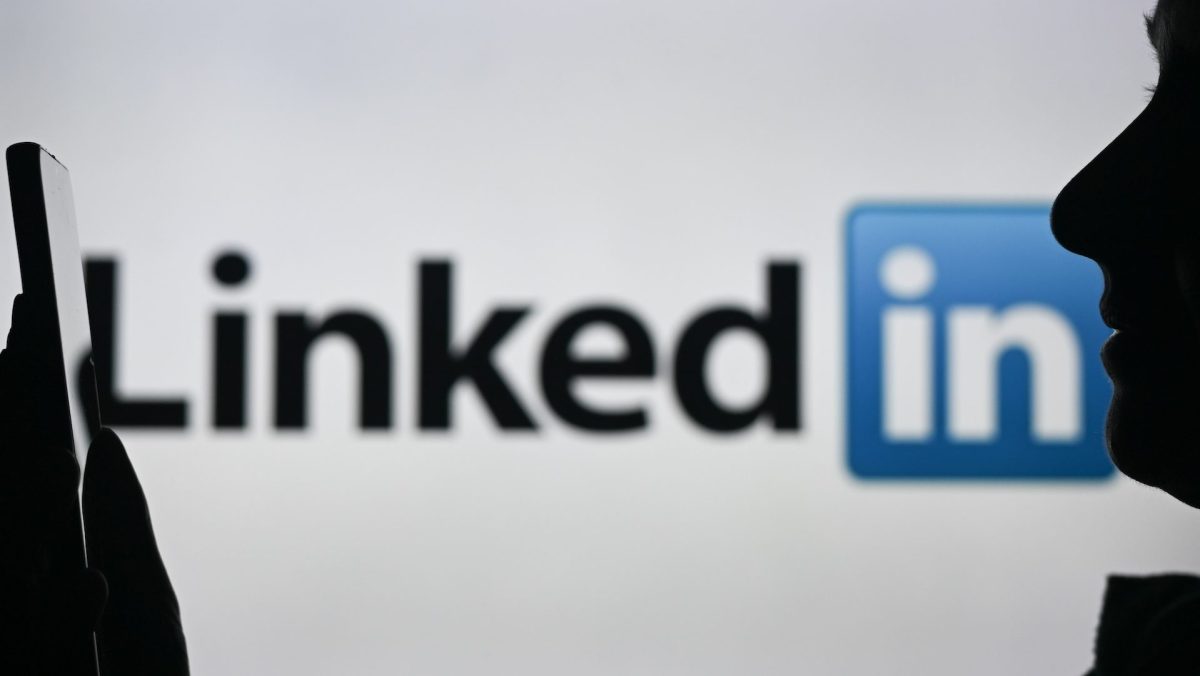

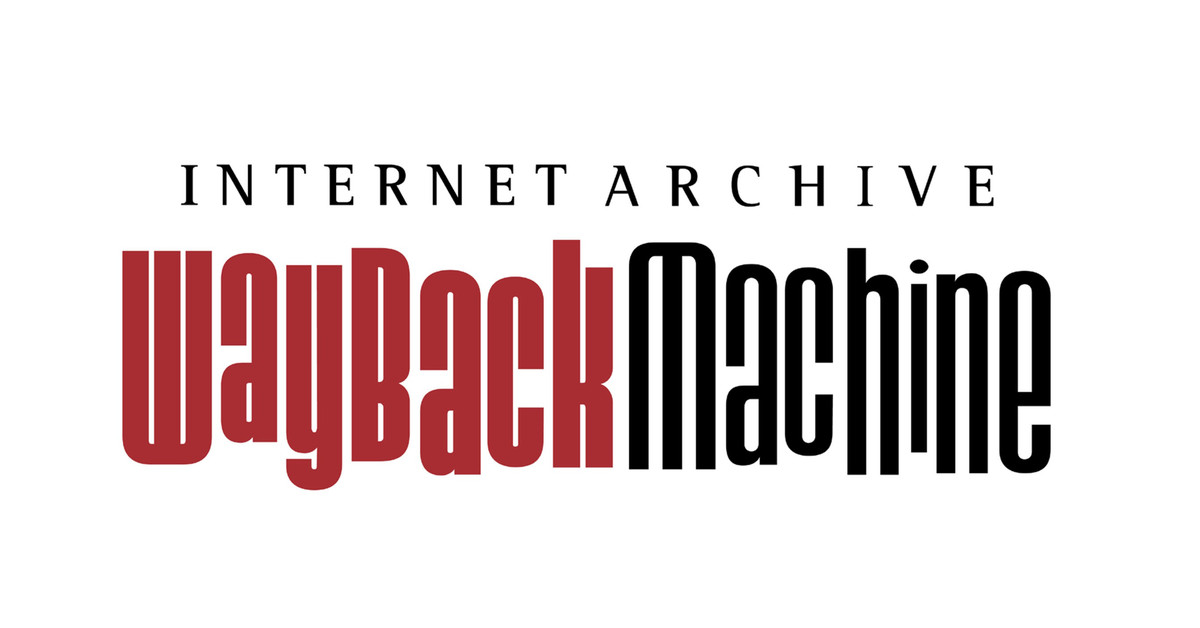
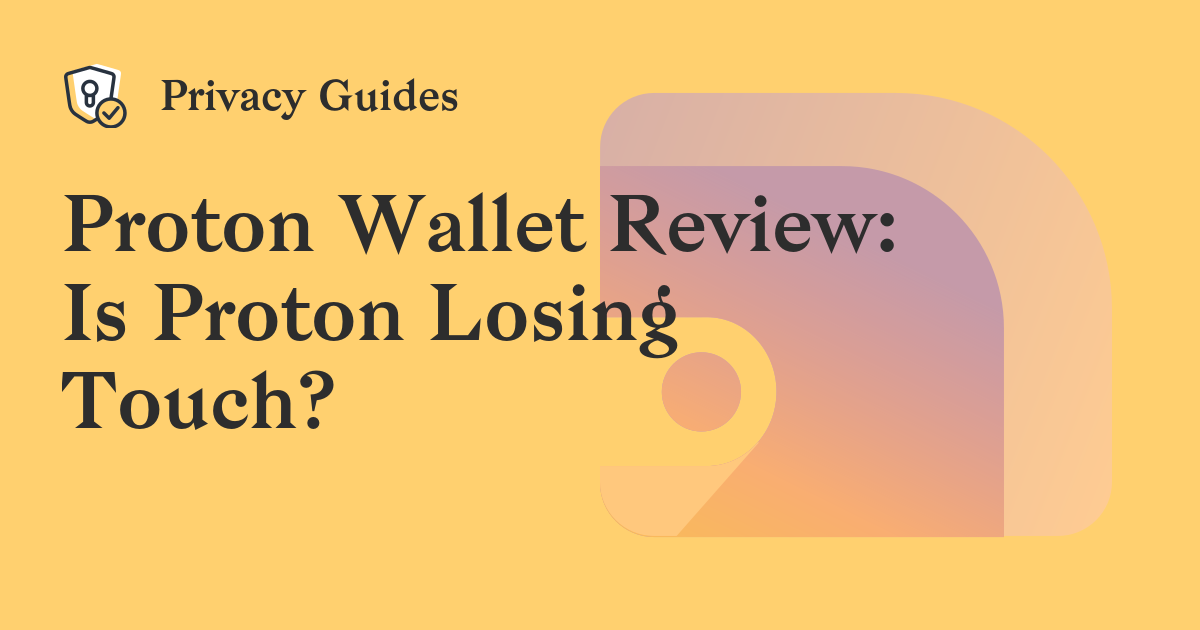


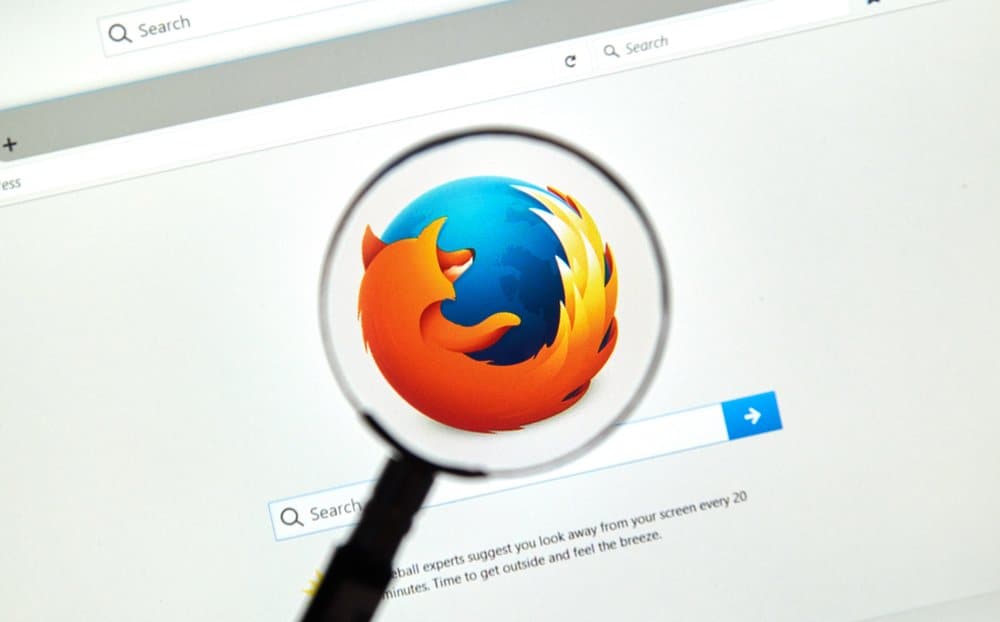

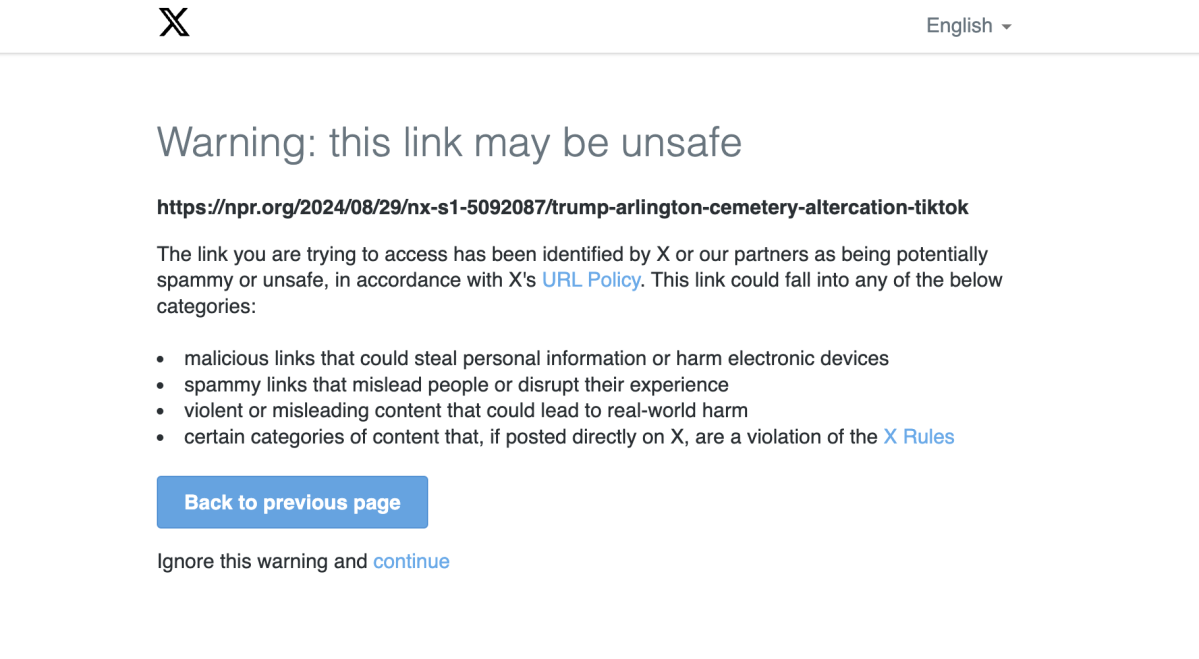






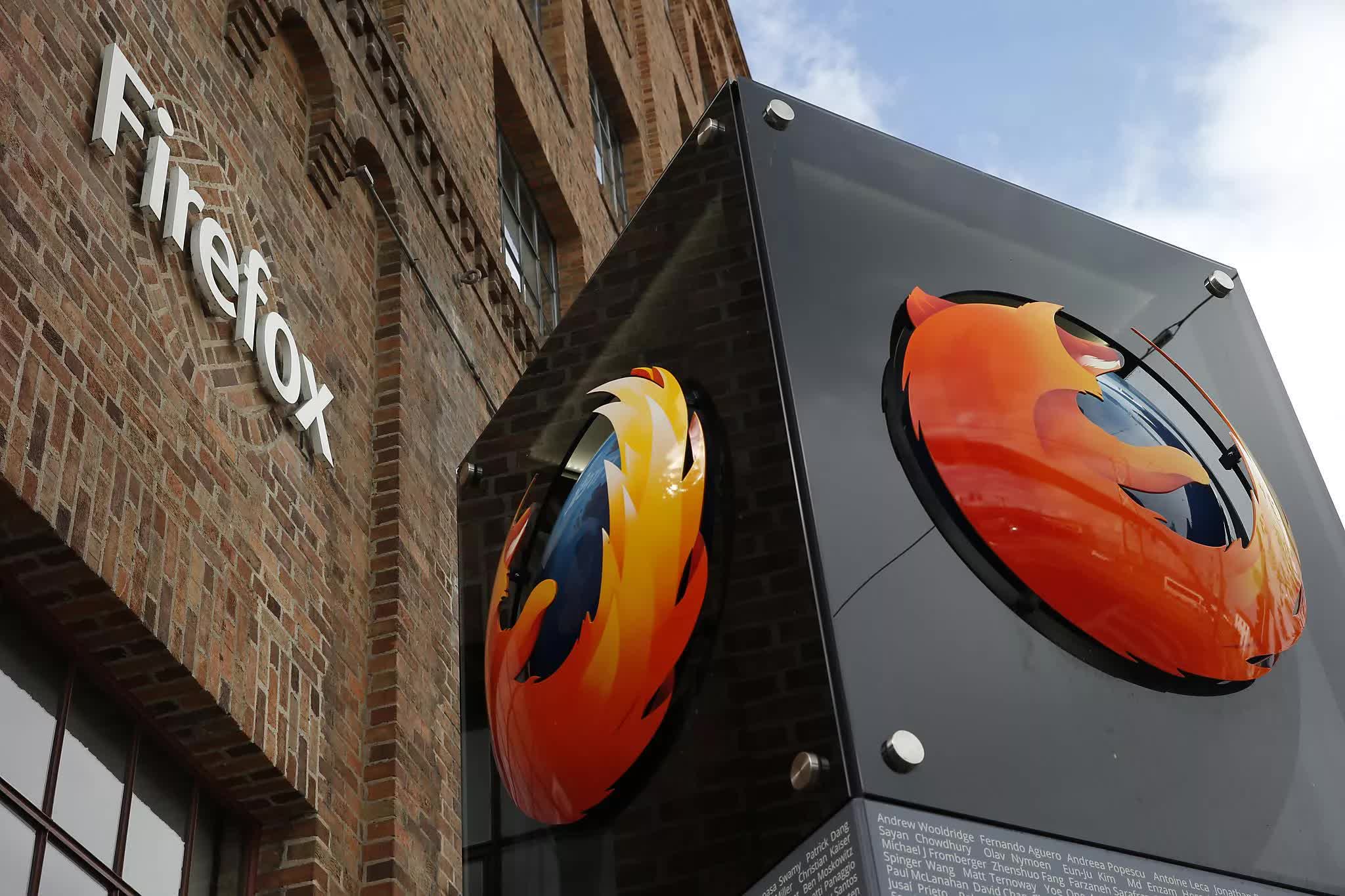
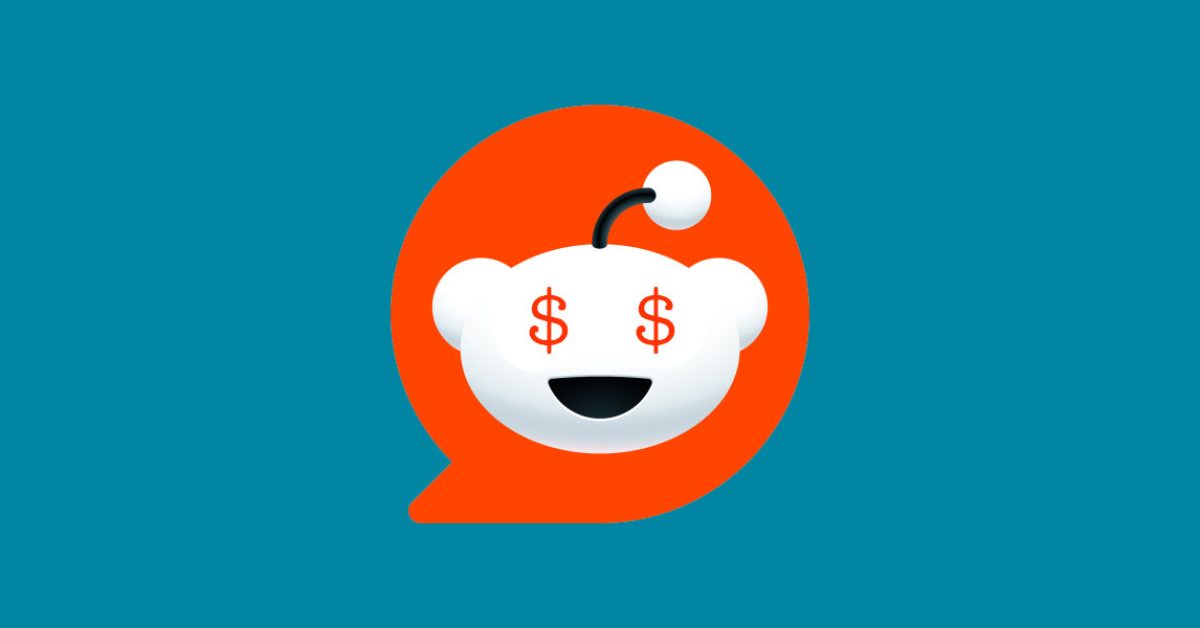
Summary: